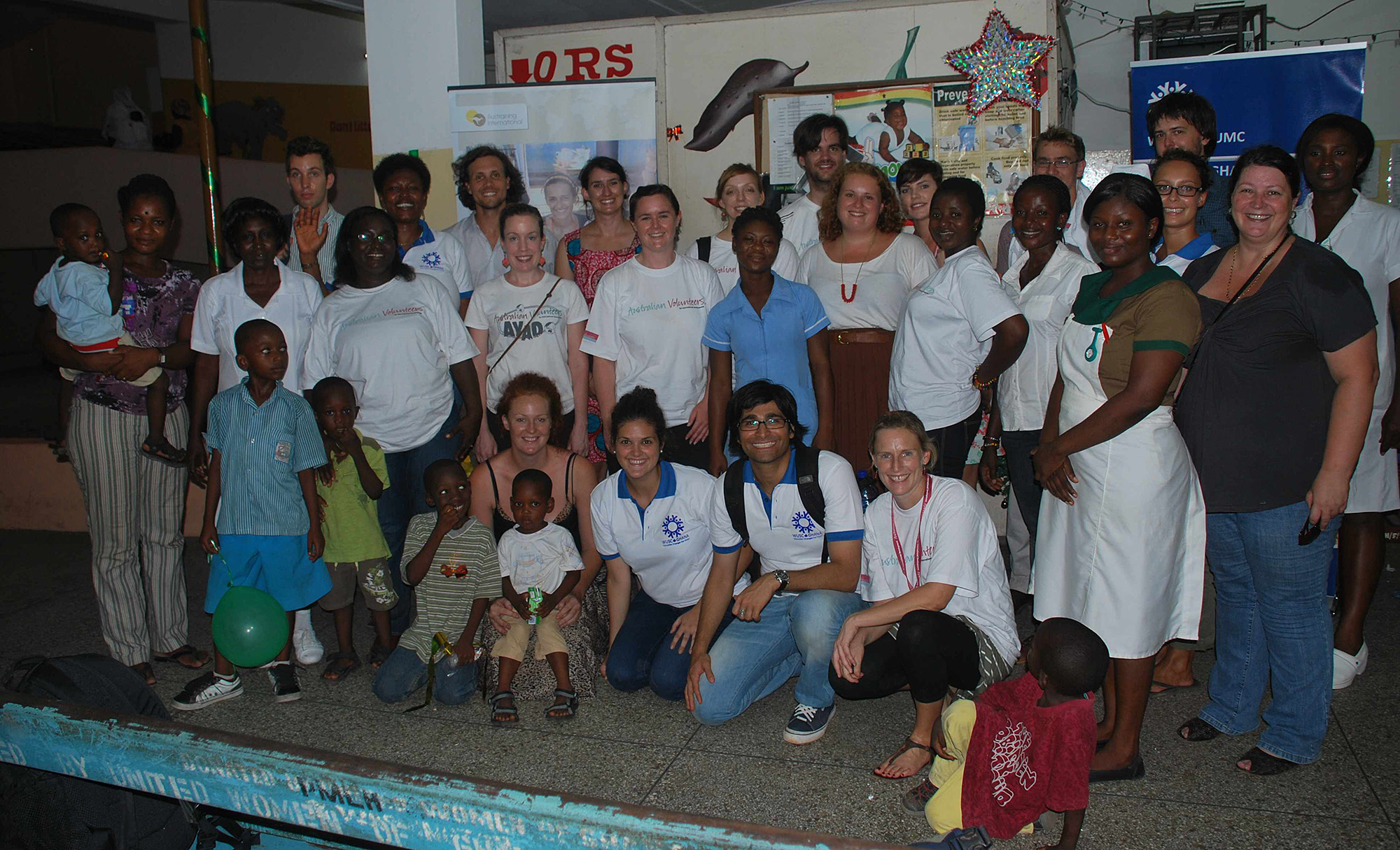CECI is an international development organization operating globally in multiple sectors and numerous countries. Therefore, it offers great orientation training and support to people who are about to commence a long term international placement. The skillset and knowledge gained through this training alone is something I use regularly in my post-international development employment. For brevity, I have divided the article into 2 sections – Pre departure training (Canada) and In-country training and support (Ghana).
Pre departure Training (Montreal)
Every year CECI deploys subject matter experts with technical skills who are not always familiar with international development paradigms. Therefore, prior to departing for Ghana, I attended the well-structured pre departure training in Quebec. The tailored 5-day training focused on building and polishing soft skills. First half of training focused on cultural leadership which addressed best practices of effective intercultural communication, problem-solving models, developing listening skills, appreciating cultural differences, attitude adjustment and awareness, and strategies to streamline decision making in an international context. The second half focused on gender education. The coaching provided under this umbrella is intended to improve the effectiveness of work by making the gendered nature of policies, processes, and outcomes visible. The workshops conducted by hired experts included gender-responsive budgeting, gender mainstreaming and gender sensitivity training. Lastly, my training included one on one time with people who recently returned from Ghana. A year later upon my return, I also volunteered to conduct these one on one session to address questions and concerns of those heading to Ghana.
In Country Support and Training (Accra)
I was received at the airport and taken straight to the hotel in Accra where I stayed for three weeks. This allowed me to find housing and get oriented to the country that was now home. This was all arranged before my arrival and made the transition to Ghana a breeze. On my second day in Ghana, I started the comprehensive in-country orientation program. The 5 day orientation was divided into 3 hour sessions on domestic politics, safety, health, security, and social/cultural norms. It also included training in the Twi language and lessons on cultural adaptation specific to Ghana. I was assisted in getting a phone card, internet, banking, etc which also allowed for a much smoother transition. The workshops also included training on how to manage potential work conflicts, common workplace misunderstandings and miscommunications, and ways to engage with local partner organization. Throughout my time, I always felt that I had the full organizational support from the very get go.
Applicability of CECI’s training
Modern day work environments are comprised of people from all walks of life. Cultures, varying degrees of social and economic backgrounds, life stages, genders, education levels, languages, personalities, work styles, and worldviews all come together under one roof. In order to successfully navigate all this in meetings and working groups, one must be able to understand and read situations. This is where gender mainstreaming and intercultural leadership training has come in extremely handy. Cultural adaptation skills learned by working and living in Ghana have also been extremely helpful in understanding different management styles and work cultures.
 Work team in Ghana
Work team in Ghana


